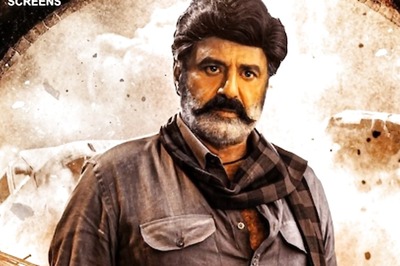
views
He has enjoyed waking up to the sound of the waves at Kovalam and likes it much better than waking up to the comforts of some six-star hotel in a city like Delhi. Meet Boguslaw W Zaleski, professor, research scholar, government advisor and former deputy minister of foreign affairs of the Republic of Poland.
Now an associate professor at the Institute of International Relations at the University of Warsaw, Zaleski is on his twentieth trip to India.
“My first visit was back in 1978 when I came to the Jawaharlal Nehru University in New Delhi as Visiting Fellow to the School of International Studies,” he said, speaking on the sidelines of the one-day international seminar on ‘Evolution of Indo-EU relations: Indian and Polish perspectives’ on the Kariavattom campus of Kerala University, on Thursday.
His interest in India began with a few books he read, such as those by Rabindranath Tagore, as a student.
“First, it was just a curiosity about the Indian philosophy and mindset. Then, I began to get interested in Indian literature, then music and finally, politics,” said Zaleski, who has visited India several times as part of government delegations. “My PhD thesis was, in fact, on the India-Pakistan conflict in Kashmir.”
While the relations between India and his country have been “very good” at the top levels, with many exchange visits by top government officials, growth of bilateral trade and a comprehensive defence cooperation between the two countries, he feels that among the people of Poland, there is very little common knowledge about India - about its size (India being about 30 times as populated as Poland) and diversity in languages, religion and culture.
“But on the other hand, when you are talking of people-to-people relations, you must also consider the question of cost of travel and distance,” said Zaleski, who was in town to sign a memorandum of understanding between his university and the University of Kerala to facilitate cooperation and understanding between the two. “For example, if it is cheaper to go to Tunisia than to India, people will opt the former.”
















Comments
0 comment